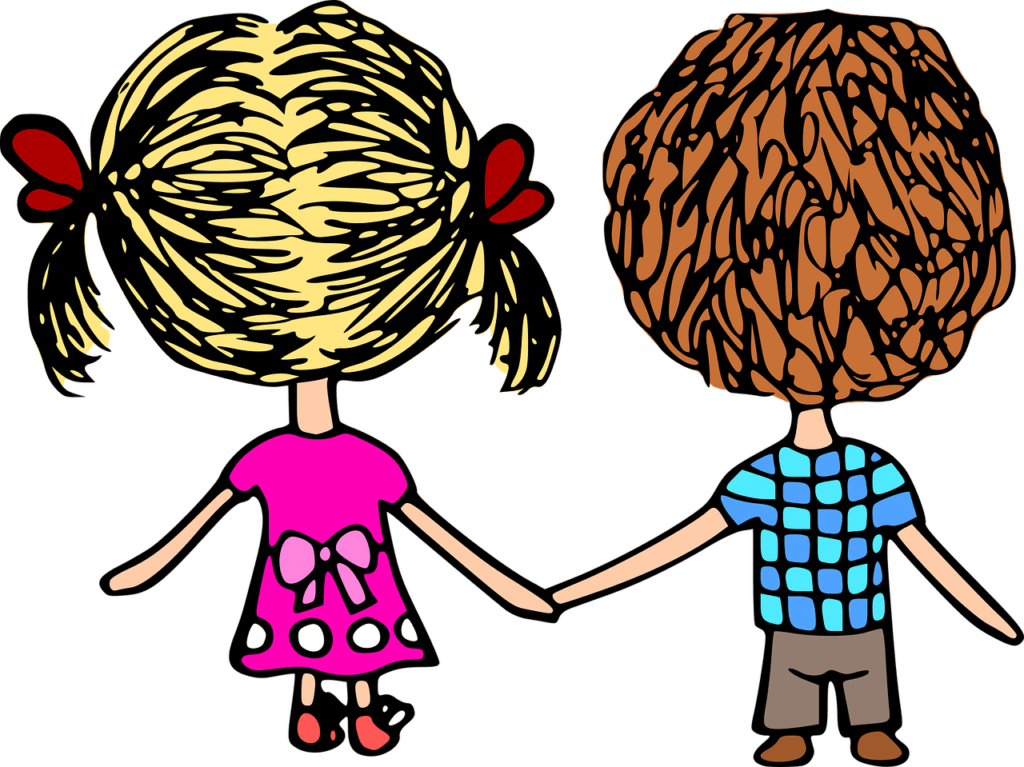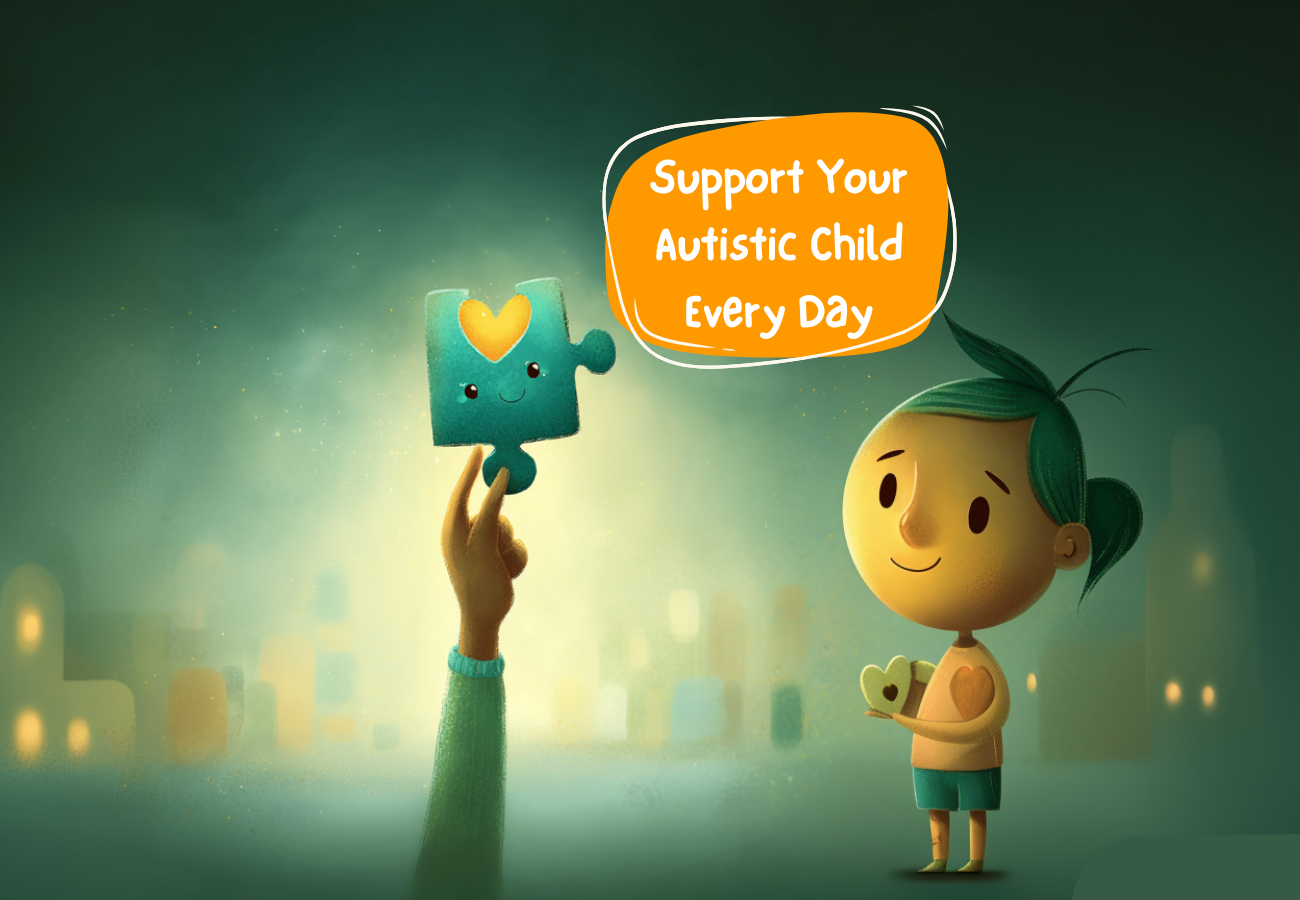7 Ways to Teach Compassion and Empathy (+Bonus Activities)

Empathy in Child Development
Like the famous song says, “All we need is love”. Empathy is not the same as love, though. Still, it is the very quality that allows us to be more human.
We express and perceive emotions every day. Anger, sorrow, regret, disappointment are the strongest feelings. It is hard to understand people who are going through it. Yet, compassion is the tool to deal with it. Developing an understanding of compassion in kids` minds should be your first consideration. It is a must-have quality such as kindness.
How to Define the Term “Compassionate Child”?
The notions that fall under the umbrella term for compassion are intricate. How to teach kids empathy? First of all, try to explain it by using examples. Enumerate the actions a compassionate person commits:
- does not tease others about their problems;
- offers help;
- uses words of support;
- does not make fun of others;
- avoids showing off before the person in trouble, etc.
When Do Children Learn Empathy?

You may ask, “can compassion be taught?” The answer is yes, it can. Some parents are apt to think that their child lacks empathy, but that is not true. Kids can feel the emotions of others almost as strongly as their own. In psychology, it is called empathy. Empathy begins to form at the age of 6-7 and continues to develop throughout life.
Each of us has an individual level of empathy. There may be a child without empathy, of course, because we all feel differently. But it is better to fix the problem. Use teaching empathy activities to develop a sense of compassion. Social-emotional development depends on ourselves. But no less important to start with teaching empathy to toddlers.
Сompassion Deficit Disorder
In some cases, parents fail to teach empathy. Actually, compassion deficit disorder may be the reason for poor results. That means that children lack compassion experience.
You may improve it by inviting a kiddy to play games that teach compassion. One more option is to see a pediatric psychologist. But most likely a practitioner will tell you to use compassion activities as well.
How to Teach Kids Empathy?
- Play team-building games. The one-together-and-all-for-one strategy is the tool for developing a sense of self-awareness. It also instills responsibility.
- Let empathy be the keynote. Whenever you are free, involve children in being thankful activities. Identify acts of compassion committed by other people. Also, praise such behavior but never compare your child with others.
- Create a “volunteer” condition. Offer children to be a superhero and commit 5 good actions. You’d better join them, setting an example. Give out chocolate bars to passers-by, clear your neighbor`s path from snow or collect garbage at a pond.
- Read books about helpers. Encourage children to discuss the plot and make conclusions together. You may also watch films about volunteers. If your kids are too young, offer them to have fun with kindness coloring pages.
- Teach to show understanding. Every time you and your kiddy encounter a nasty person, try to explain the reasons for rudeness. Do it in a justifying manner, “The cashier must have had a bad day if he treats us so unkindly”.
- Practice brainstorming. Make up an imaginary situation that needs defining compassionate actions. As an option, take a true-to-life story.
- Explain consequences. Tell your children that being indifferent to someone`s wounded feelings is hurtful. Refer to the situation from their own life. Try to expand their compassion experience.
Bonus Activities
- Teaching empathy activities may involve some outdoor practices. Visit an animal or homeless shelter. Do a daily routine together with your kids. That is the proven way of how to teach kids empathy. Plus, you will foster relationships. Moreover, you will hear a lot of words of appreciation that motivate.
- Become a mentor. It is a kind of idea for a compassionate schools project. Children can assist first graders when getting familiar with school policies. They may also answer the questions. The task is to make others feel comfortable.
There are no limits to human imagination. Make up your own games that teach compassion or adjust the described ones to the kids` needs. It is never too late to better oneself.
More articles

How Children Are Able to Dispatch Meaningful Holiday
The Christmas season is an occasion that brings happiness, warmth, and the ideal moment that children can bring their loved ones close and far. Although digital messages are now the new phenomenon, there is something very special about getting a physical card in a mail-box. More so with all the special touch of a child. […]

Practical Ways to Support Your Autistic Child Every Day
Autism is something many people still don’t fully understand, and that lack of understanding often leads to unfair assumptions. Some see certain behaviors as bad manners or poor parenting, when in reality, autism is a neurological condition that affects how a person communicates, learns, and experiences the world. For parents, receiving a diagnosis can feel […]

25+ Best Halloween Books for Kids (Read-Alouds, Picture Books & Chapter Books)
Halloween means costumes, pumpkins, and just the right amount of spooky fun. But beyond trick-or-treating, one of the best ways to celebrate is with a cozy stack of Halloween books for kids. Whether your little one loves silly stories about pumpkins, magical witches, or slightly spooky mysteries, there’s something here for every age group—from toddlers […]



